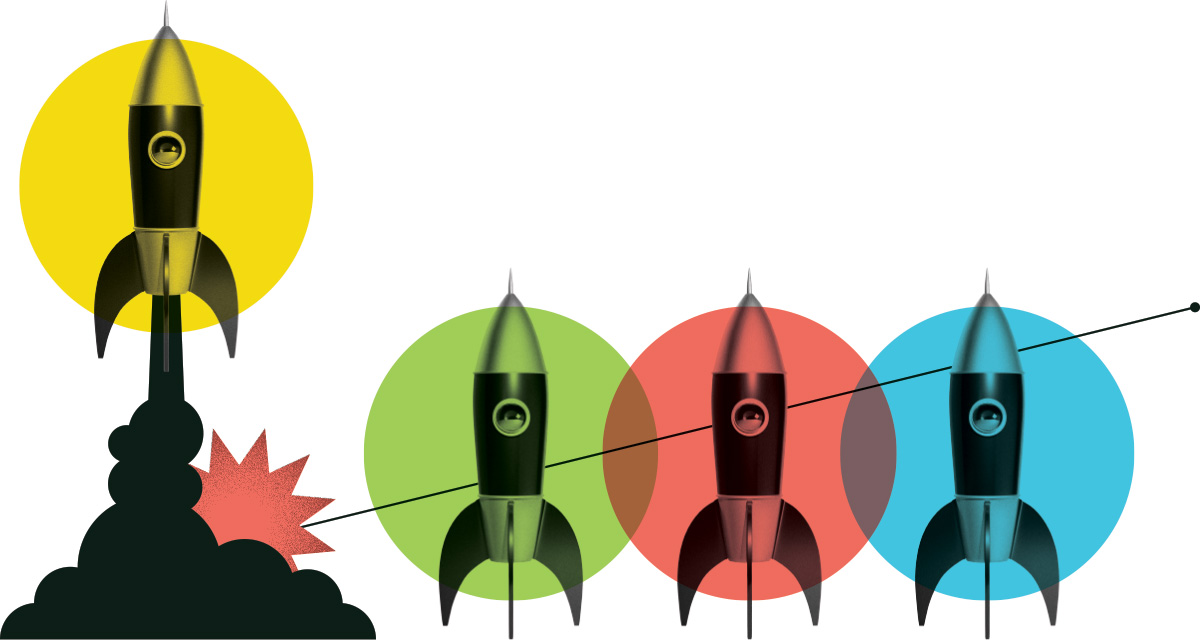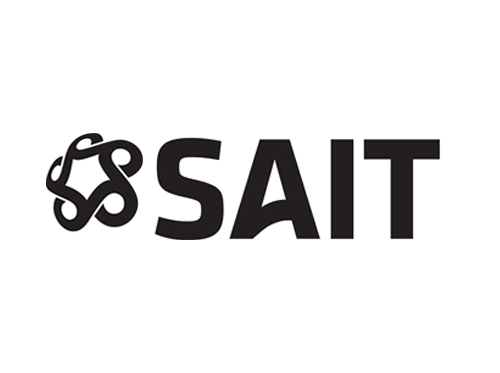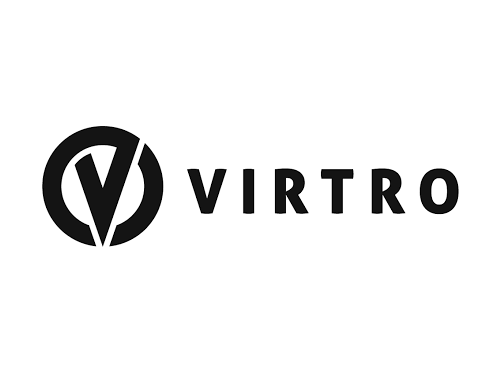Available Internships
Take a minute to answer a few questions and get an idea of which program will be the best fit for you.

Job Title/Company
Location
Program
Date Posted
No internships available.
What are people saying about our programs?
Hear first-hand from the employers and job seekers who have benefitted from one of our programs.

This has been an excellent experience in supporting an organization that is dedicated to help institutions become better equipped to help their members and stakeholders achieve the SDGs. I have received an offer for a permanent role at IFCL that I am accepting. I am excited to continue my career at IFCL; helping institutions deliver on the SDGs.
Marc Attallah
International Financial Consulting Ltd.
Here are a few of the great employers we have supported.
Do you want to address your labour shortages, diversify your workforce, and strengthen your organization?











